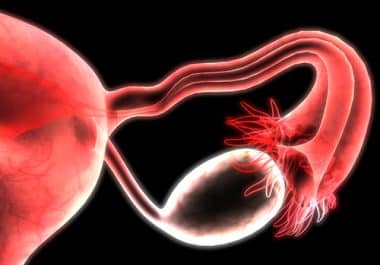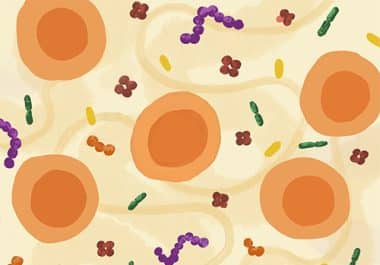
Cancer in 2025: Funding, New Treatments, and Breakthrough Ideas
A year-end review of some of the new cancer treatments, exciting breakthroughs, and insights into cancer's development that emerged in 2025.


A year-end review of some of the new cancer treatments, exciting breakthroughs, and insights into cancer's development that emerged in 2025.

Clinical trial presented at SABCS finds some patients may safely skip sentinel lymph node biopsy.

In clinical trials presented at SABCS, a mobile health tool and acupuncture helped to improve breast cancer survivors' quality of life.

The addition of targeted therapy helps control metastatic breast cancer, and a pair of immunotherapy drugs prolongs survival in multiple myeloma.

Amid the debate over menopausal hormone therapy and cancer risk, researchers at SABCS provided some clarity for women with BRCA1/2 mutations.

Throughout the years, SABCS has shown how tucatinib has progressed into a potential frontline therapy for HER2-positive breast cancer.

New insights into the neurologic and physiologic impact of chronic stress on ovarian cancer were presented at two recent AACR conferences.

In November, the AACR’s journal editors highlighted studies on sucralose limiting immunotherapy, benefits of caloric restriction, and more.

Shawn Lee, MD, PhD, an AACR-St. Baldrick’s Foundation Grantee, is working to personalize therapies for children with acute lymphoblastic leukemia.

More people with breast cancer can forgo radiation after surgery, and a treatment combination helps control esophageal cancer.